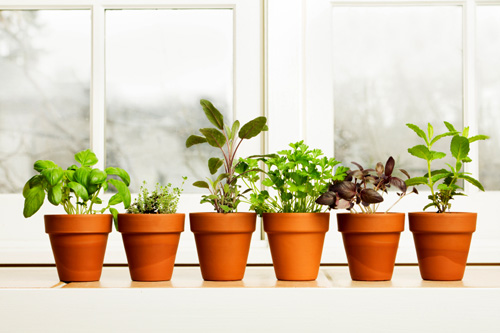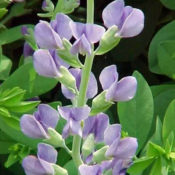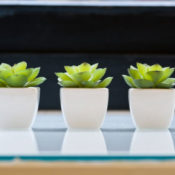HOME (Indoor plants and activities)
Check water levels in cut flowers daily.
Check stored produce and flower bulbs for rot, shriveling or excess moisture. Discard damaged material.
Most houseplants require less water in winter months because growth is slowed or stopped. Check soil for dryness before watering.
Move houseplants to brighter windows, but don’t place plants in drafty places or against cold windowpanes.
Early blooms of spring-flowering bulbs can make good gifts for a sweetheart. Keep the plant in a bright, cool location for longer-lasting blooms. Forced bulbs make poor garden flowers and should be discarded as blooms fade.
YARD (Lawns, woody ornamentals and fruits)
Choose appropriate species and cultivars of plants, and begin drawing landscaping plans.
Cut branches of forsythia, pussy willow, crabapple, quince, honeysuckle, and other early spring-flowering plants to force into bloom indoors. Place the branches in warm water and set them in a cool location.
Check mulches, rodent shields, salt/wind screens and other winter plant protection to make sure they are still in place.
Prune landscape plants, except early spring bloomers, which should be pruned after flowers fade. Birches, maples, dogwoods and other heavy sap bleeders can be pruned in early summer to avoid the sap flow, although bleeding is not harmful to the tree.
Fruit trees also should be pruned now.
GARDEN (Flowers, vegetables and small fruits)
Order seeds before it’s too late for this year’s planting. (Check out the sources we love.)
Sketch garden plans, including plants to replace or replant crops that are harvested in spring or early summer.
Prepare or repair lawn and garden tools for the upcoming season.
Start seeds indoors for cool-season vegetables so they will be ready for transplanting to the garden early in the season. Broccoli, cauliflower and cabbage seeds should be started five to seven weeks prior to transplanting.
Test leftover garden seed for germination. Place 10 seeds between moist paper toweling or cover with a thin layer of soil. Keep seeds warm and moist. If less than six seeds germinate, then fresh seed should be purchased.
B. Rosie Lerner is the Purdue Extension Consumer Horticulturist at Purdue University, West Lafayette.
Become a Saturday Evening Post member and enjoy unlimited access. Subscribe now



